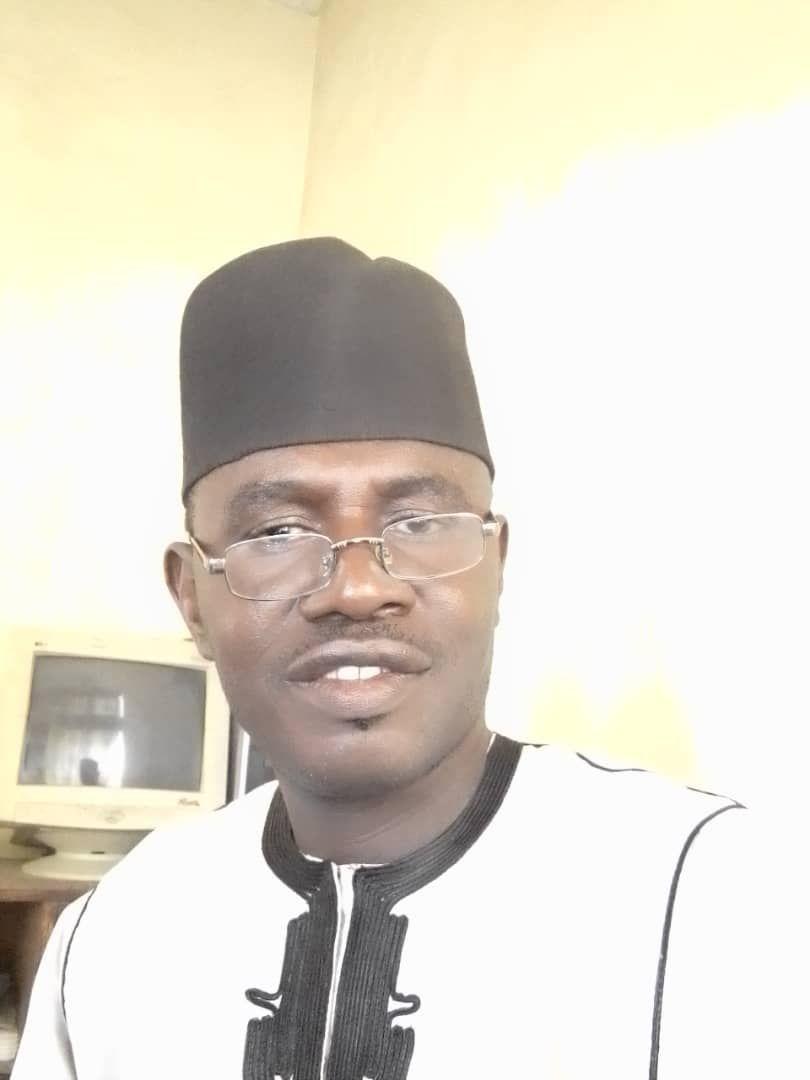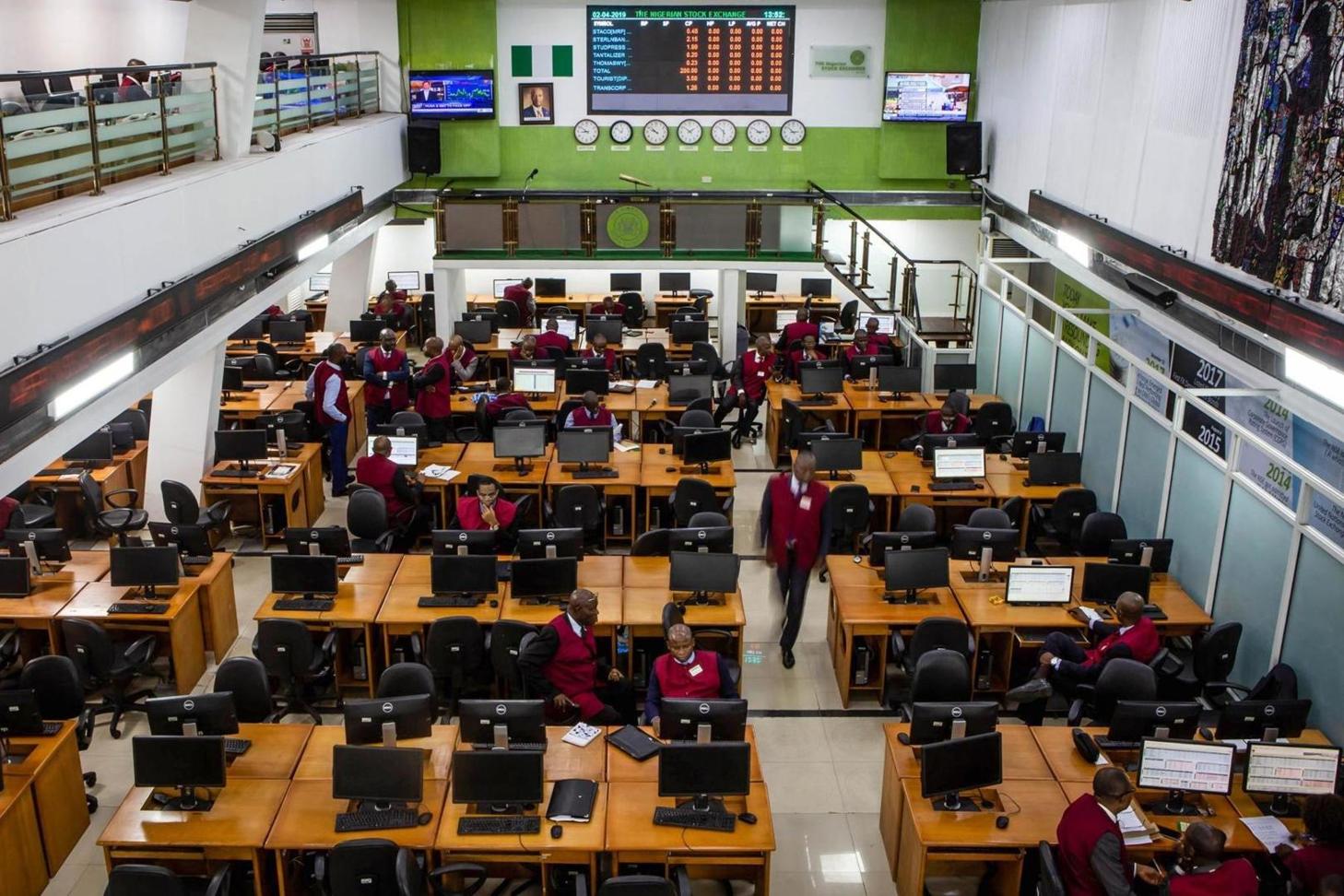By Abba Hamisu Sani
Africa-Press – Nigeria. The Nigerian capital market represents a small but growing proportion of the nation’s economy
The Nigerian capital market is principally a market for long-term investments where corporate equities and long-term debt securities are issued and traded.
It is a market that is regulated by the Securities and Exchange Commission (SEC), which is the apex regulatory body of the Nigerian Capital Market.
The capital market is so vital to the development of any economy that no country can risk its existence without putting in place measures to regulate the activities of the market.
According to available data Nigeria has 177 domestic companies in its Stock Market with 27.23 trillion Naira Capital before it recently dropped to 26.61 trillion Naira.
The Nigerian Capital Market is currently Experiencing huge setback
The Nigerian capital market recorded a loss of N620 billion in a single day following the dip in equity capitalization by -2.25 percent .
At a time, sell off among investors remains the major activity in the capital market, the equity capitalization has continued on the downward trend, dropping from N27.23 trillion to N26.61 trillion after eight hours of trading on Tuesday last week.
Also, the All-Share Index dropped by 1,139.02 basis points to close at 49,350.71, down from 50,489.73 posted on Monday.
Investors traded 140.61 million shares valued at N1.60 billion in 3,895 deals.
This fell short of the 207.19 million shares worth N2.11 billion which exchanged hands in 4,234 deals on Monday 9th August.
Prestige led the gainers with a 10 percent rise in share price to move from N0.0.40kobo to N0.44kobo per share.
NEM gained N0.34 kobo to move from N3.40 kobo to N3.74kobo per share.
Ellah Lakes share value was up by N0.35kobo to end trading with N3.93 kobo from N3.58kobo per share.
Multiverse gained N0.18 kobo to close at N2.06, above its opening price of N1.88kobo per share.
Ikeja Hotel’s share price rose by 9.28 percent to end trading at N1.06 as against the previous N0.9 7kobo per share.
Cornerstone topped the losers’ chart after shedding 9.33 percent to drop from N0.75 kobo to N0.68kobo per share.
Dangote Cement’s share price dropped by N24 to end trading at N241 from N265 per share.
Japaul Gold lost 8.11 percent to end trading with N0.34 kobo from N0.37kobo per share.
Sovereign Insurance share dropped from N0.27 kobo to N0.25kobo per share after losing 7.41 percent during trading.
Stanbic IBTC lost N2 to drop from N31 to N29 per share.
Japaul Gold led the day’s trading with 23.18 million shares valued at N8.95 million.
AIICO sold 14.84 million shares worth N8.44 million.
Sterling Bank followed with 14.30 million shares valued at N21.41 million
Sovereign Insurance traded 10.11 million shares worth N2.57 million, while GTCO traded 7.85 million valued at N160.96 million.
What Government should do in order to Control the Situation
Dr. Usaini Umar KK is an Economist and a Lecturer with the Department of Management Sciences Kano State College of Education and Preliminary Studies.

He attributed the crash of the Nigerian Capital Market with high inflation and interest rate by Banks.
He added that the price of stock and shares are indirectly related with interest rates. The economist says the cost of production is very high. Manufacturers are running at a loss ,so Investors Prefer to keep their Money in the Banks in order to get high profit from the interest.
Dr. Usaini K K urged the Government to control the inflation and provide an enabling environment for manufacturers so that more people will invest into the real sector of the economy and generate employment.
he economist reiterated the need for creating more awareness on the importance of buying Stocks and shares as a means of diversifying the Nigerian economy.
For More News And Analysis About Nigeria Follow Africa-Press







